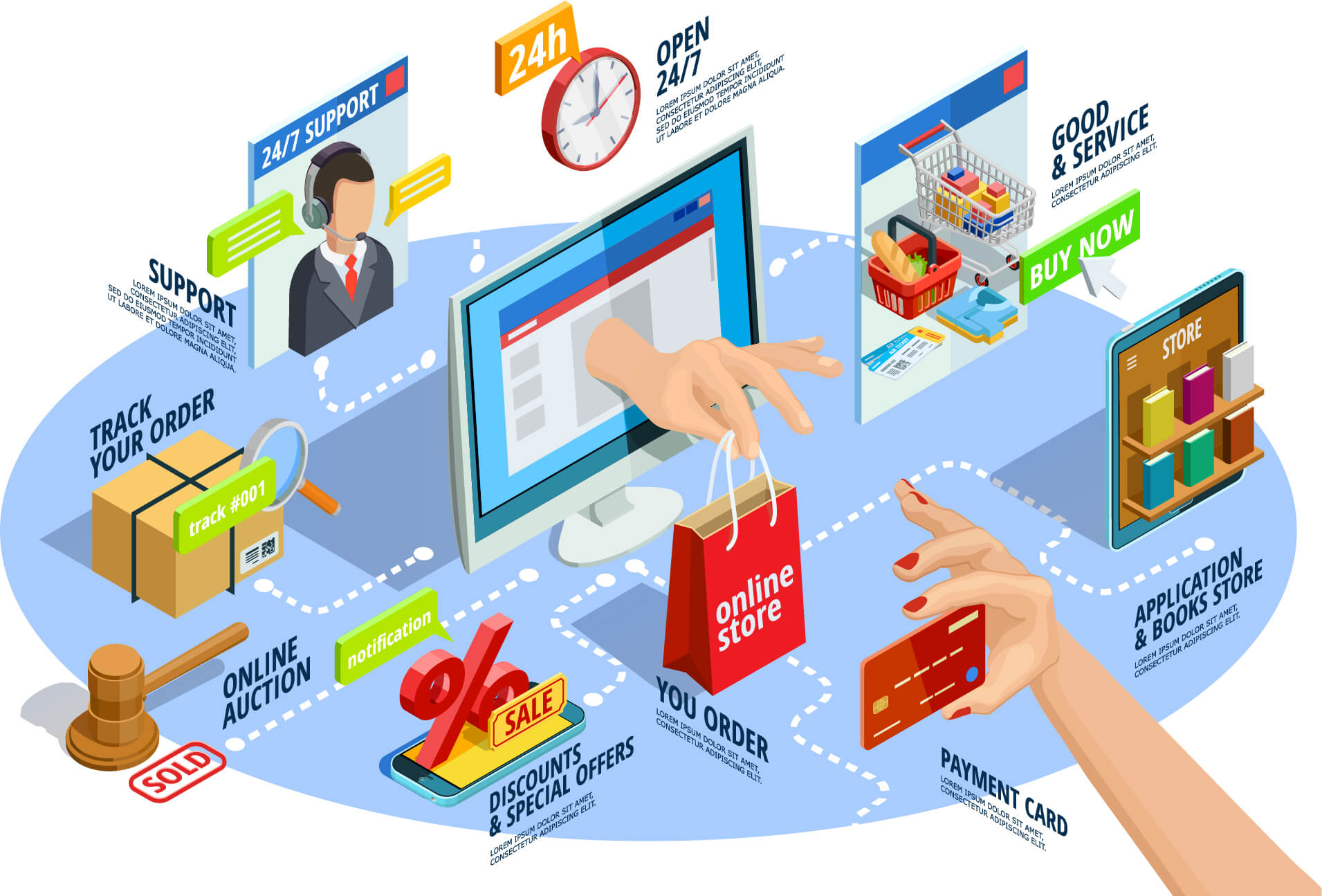E-commerce Solutions: Leveraging Drupal Commerce for Your Online Store

In today's digital age, e-commerce is a quintessential component for businesses aiming to capture a broader audience and increase sales. While several platforms cater to online selling, Drupal Commerce emerges as a robust and flexible solution, especially for businesses looking for customization and scalability. Let's explore the unique features and benefits of using Drupal Commerce for your online store.
Introduction to Drupal Commerce
- Definition: Drupal Commerce is an e-commerce suite built on Drupal, offering a range of features for creating an online shopping experience. It harnesses the power of Drupal's core capabilities to deliver a comprehensive e-commerce solution.
- Evolution: Initially launched for Drupal 7 as "Commerce Kickstart," it has since evolved and matured alongside the Drupal platform, with significant enhancements for Drupal 8 and 9.
Key Features of Drupal Commerce
- Modular Architecture: Just as Drupal functions with modules, Drupal Commerce does too. This modular approach means you can customize and extend your store's functionality as needed.
- Seamless Integration: Being native to Drupal, it seamlessly integrates with your site, leveraging existing content, users, and configurations.
- Flexible Product Architecture: Create a variety of product types, bundles, and displays to cater to your inventory's complexity.
- Multilingual and Multi-currency: Reach a global audience with built-in multilingual and multi-currency support.
- Order Management: Streamlined order processing workflows, from cart to completion, ensuring efficient order handling.
Benefits of Choosing Drupal Commerce
- Scalability: Suitable for both small businesses and large enterprises, with the capacity to scale as your business grows.
- Customizability: Tailor the shopping experience to your needs, whether it's unique pricing models, discount rules, or checkout flows.
- Security: Harness Drupal's renowned security measures, ensuring a safe environment for transactions.
- Integration Capabilities: Integrate with a plethora of third-party services, be it payment gateways, shipping providers, or CRM systems.
Creating Personalized Customer Experiences
- Content Integration: Marry content with commerce, using Drupal's content management capabilities to enrich product listings with blogs, reviews, and multimedia.
- Dynamic Pricing: Offer personalized pricing, discounts, and promotions based on user roles, purchase history, or other criteria.
- Responsive Design: Ensure your store looks impeccable across devices, thanks to responsive themes and layouts.
Extending Functionality with Contributed Modules
- Payment Gateways: Modules are available for most major payment providers, from PayPal to Stripe.
- SEO Modules: Leverage modules like 'Pathauto' and 'Metatag' to optimize your store for search engines.
- Shipping and Inventory: Modules cater to various shipping providers and methods, alongside inventory management solutions.
Considerations When Adopting Drupal Commerce
- Learning Curve: While powerful, Drupal Commerce may present a steeper learning curve for those unfamiliar with Drupal.
- Development Expertise: To exploit its full potential, consider hiring or collaborating with developers experienced in Drupal and Drupal Commerce.
Success Stories
- Real-world Implementations: Several notable brands and businesses have adopted Drupal Commerce, ranging from apparel stores to digital marketplaces, showcasing its versatility.
Conclusion
Drupal Commerce presents a potent blend of e-commerce functionality with the content management prowess of Drupal. For businesses seeking a tailored online shopping experience that can evolve with their needs, it offers a compelling solution. As with any platform, it's essential to assess your business's specific requirements, technical resources, and long-term goals to determine if Drupal Commerce is the ideal fit.










